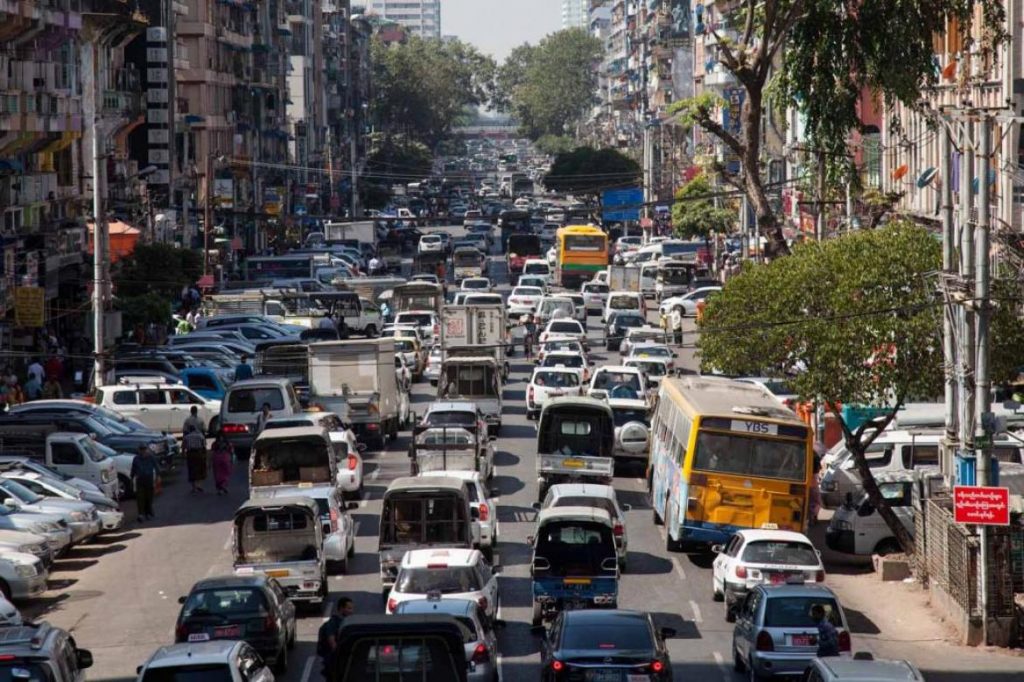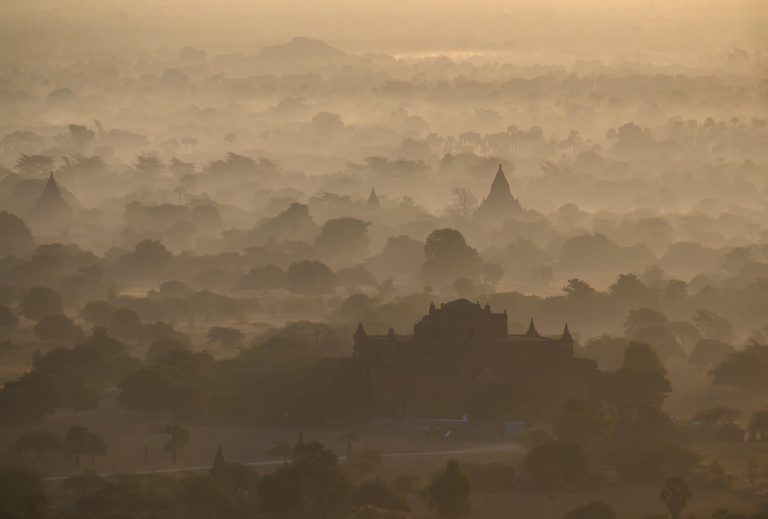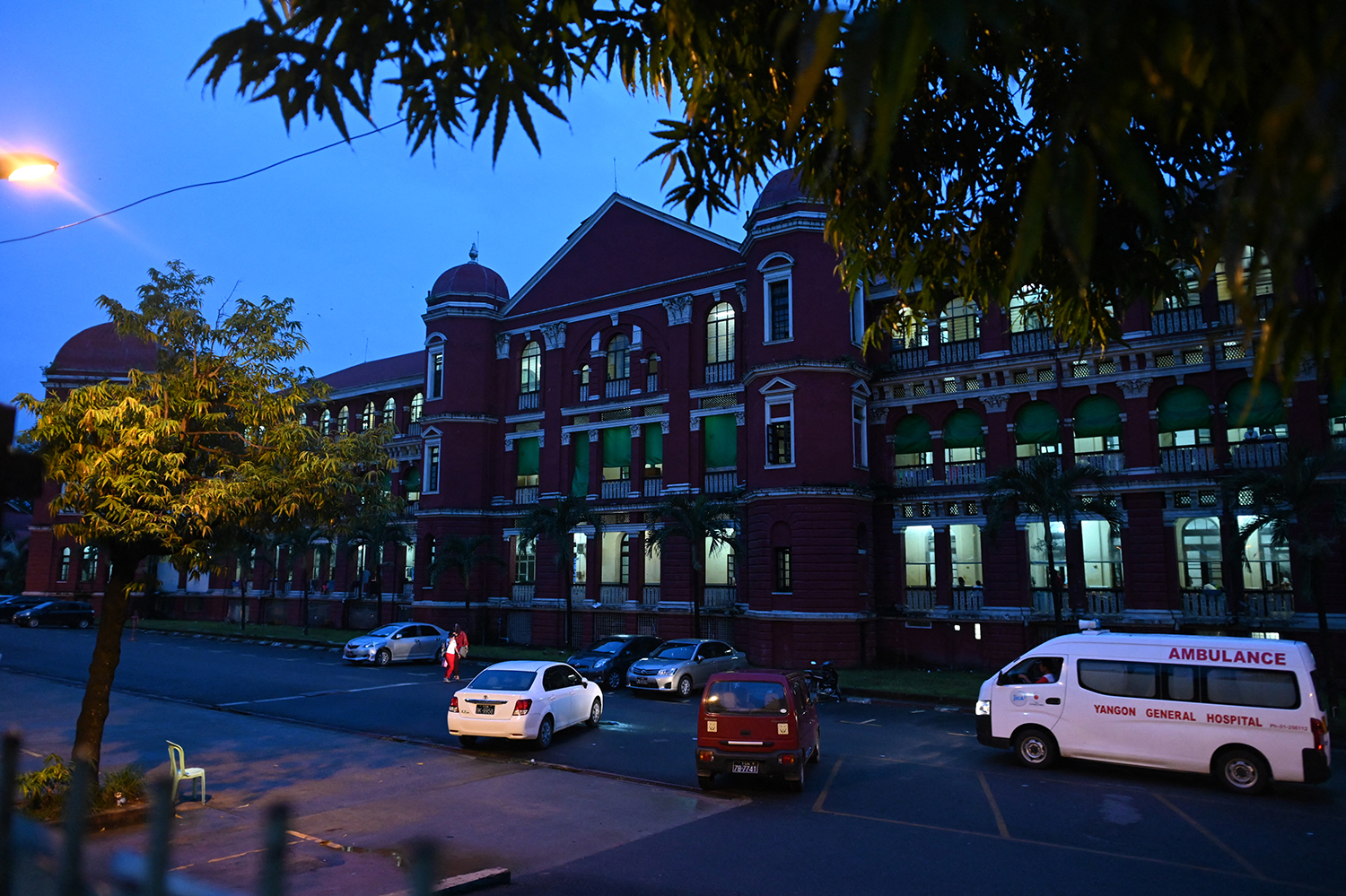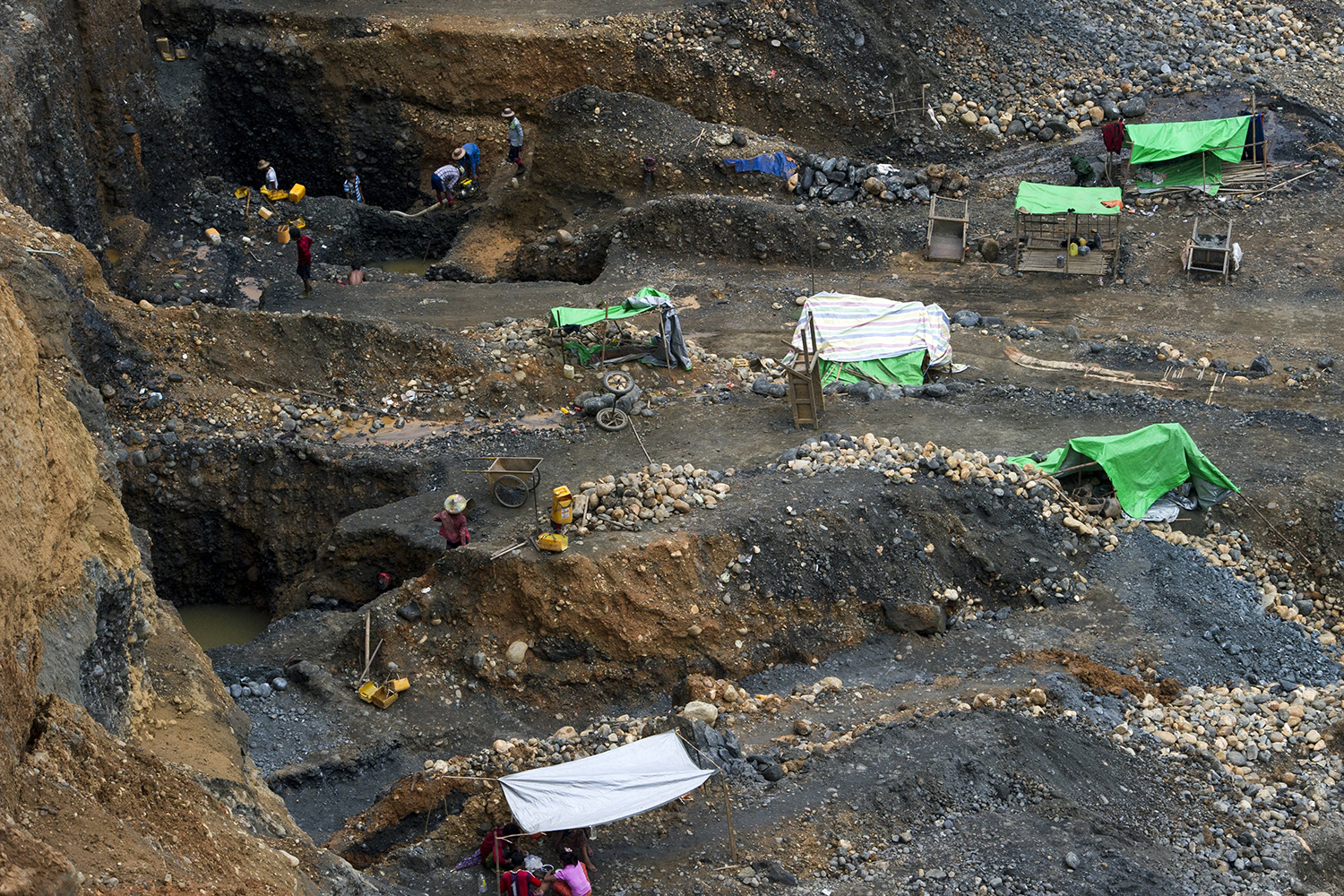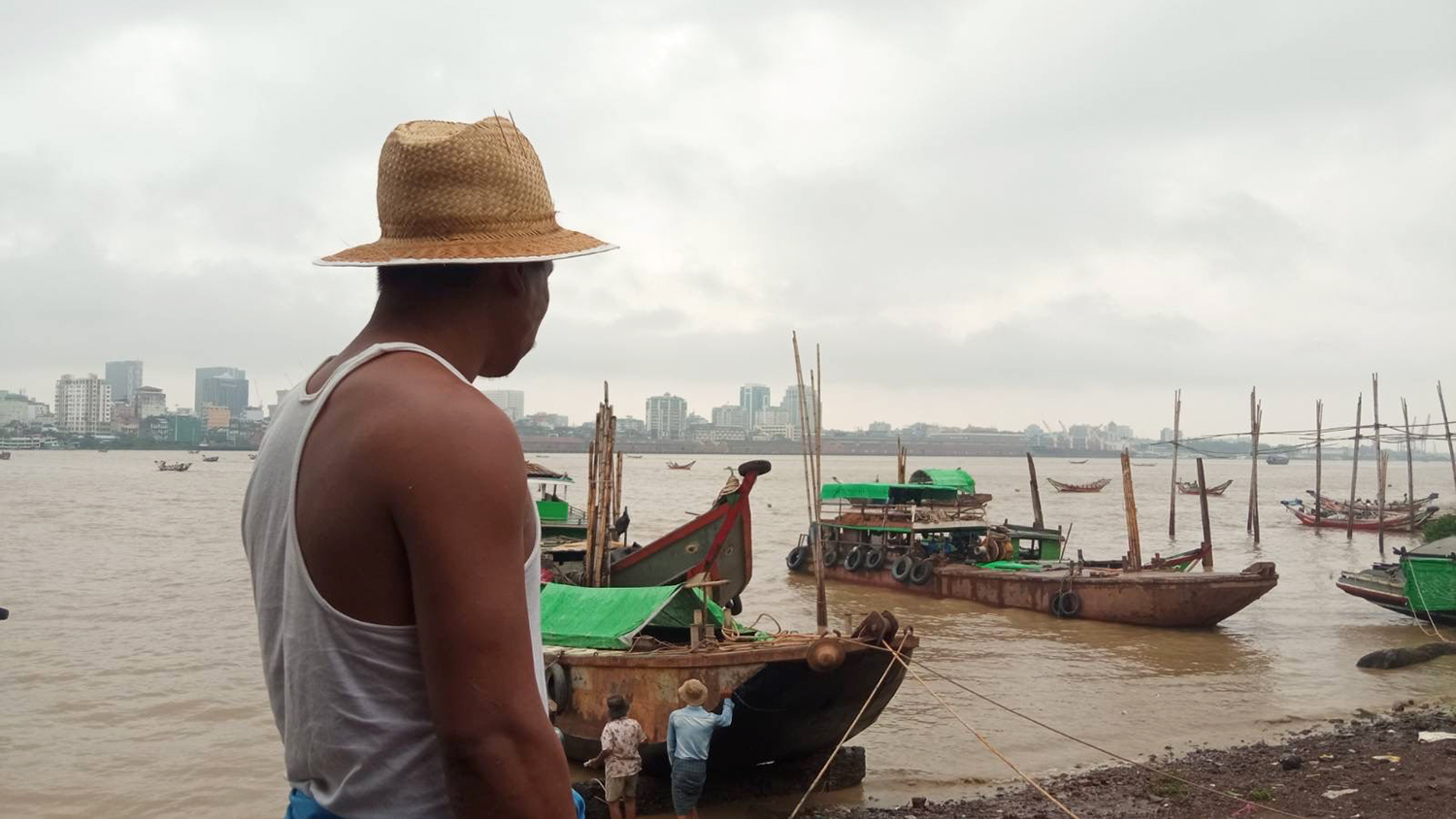Resistance to change has emerged as an obstacle to the bold move to upgrade Yangon’s bus system, raising questions about the management capacity of the NLD as it pursues an ambitious reform agenda.
By SITHU AUNG MYINT | FRONTIER
THE SUCCESS of the National League for Democracy government’s endeavours to achieve peace, development and a federal democratic Union depend not only on its relationship with the Tatmadaw, but also the management ability of its ministers at the national and state and regional level.
The Yangon Bus Service, championed by Yangon Region Chief Minister U Phyo Min Thein and introduced in mid-January, has been the focus of much discussion in the regional hluttaw recently. As the nation’s biggest city, Yangon is the recipient of a big share of the national budget, and the successful implementation of the YBS will be regarded as a yardstick of an NLD government’s management ability.
The YBS replaces the bus system run by the Central Supervisory Committee for Motor Vehicles, an organisation controlled and dominated by former military officers. The committee, known by its Myanmar acronym as Ma Hta Tha, was notorious for bribery, corruption and mismanagement.
Corrupt practices were rampant in Ma Hta Tha, including in the issuing of permits to operate lines, import buses and convert vehicles to run on CNG. There was no transparency in funding decisions.
Support more independent journalism like this. Sign up to be a Frontier member.
The bus system under Ma Hta Tha was also sub-standard. Commuters endured old, crowded, uncomfortable buses, and rude drivers and conductors. Commuting by bus could be dangerous, especially for the elderly and pregnant women, because of the reckless drivers who flouted traffic laws.
This was mainly because drivers and conductors were paid commissions based on passengers carried, rather than receiving a monthly salary. The driver and conductor had to pay a fee to the bus owner and any fare income above that amount was pocketed.
This system encouraged fierce competition for passengers, with drivers racing rivals to the next stop. There were nasty fights between drivers and conductors from competing buses. Sometimes, drivers or conductors who violated the rules were punished.
This is the system that the NLD Yangon Region government inherited when it came to power.
The grievances of commuters were mainly the result of the daily owner’s fees that drivers and conductors had to pay. It’s the fees that have been the biggest obstacle to Phyo Min Thein’s determined effort to revolutionise the Yangon bus system.
The chief minister began by abolishing Ma Hta Tha and replacing it with the Yangon Region Transport Authority, which has overall responsibility for the bus system and its financial management. That part of the reform plan was a success.
Then Phyo Min Thein rationalised the number of bus routes, reducing them from more than 200, initially to 60 and later to 80. Hundreds of volunteers, mainly young NLD members, helped commuters to adjust to the new routes. There were teething problems but the change was fairly successful.
However, the biggest complaint of commuters remains the rude behaviour and poor service of drivers and conductors, of which the root cause is the daily owner’s fee system. Large bus companies and small owners – those who own one or two buses – are all resisting the change, for financial reasons.
Consequently, competition continues between drivers and conductors as buses race each and commuters continue to suffer. The reform of the bus system in Yangon has involved a management handover from Ma Hta Tha to YRTA, but in terms of service, little has changed for commuters.
Frankly speaking, the Yangon Region government’s effort to reform the bus system has exposed weaknesses in its management ability, despite it acting with the right intentions and having the support of the people.
If the management ability of the NLD government is weak it will be difficult for it to achieve its reform objectives, including success in building a federal democratic Union.


